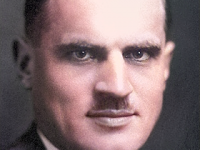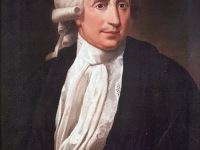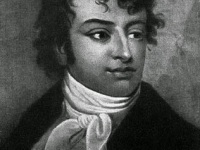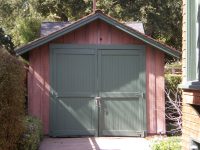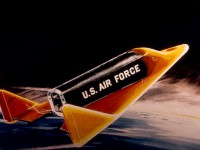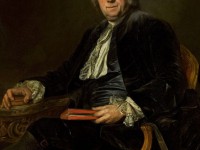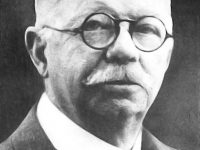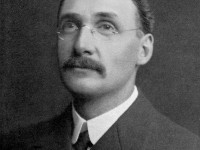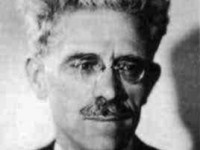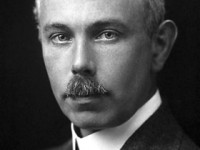Arthur Holly Compton and the Compton Effect
On September 10, 1890, American physicist and Nobel Laureate Arthur Holly Compton was born. Compton won the Nobel Prize in Physics in 1927 for his discovery of the Compton effect, which demonstrated the particle nature of electromagnetic radiation. It was a sensational discovery at the time: the wave nature of light had been well-demonstrated, but the idea that light had both wave and particle properties was not easily accepted. Arthur Holly Compton…
Read more

